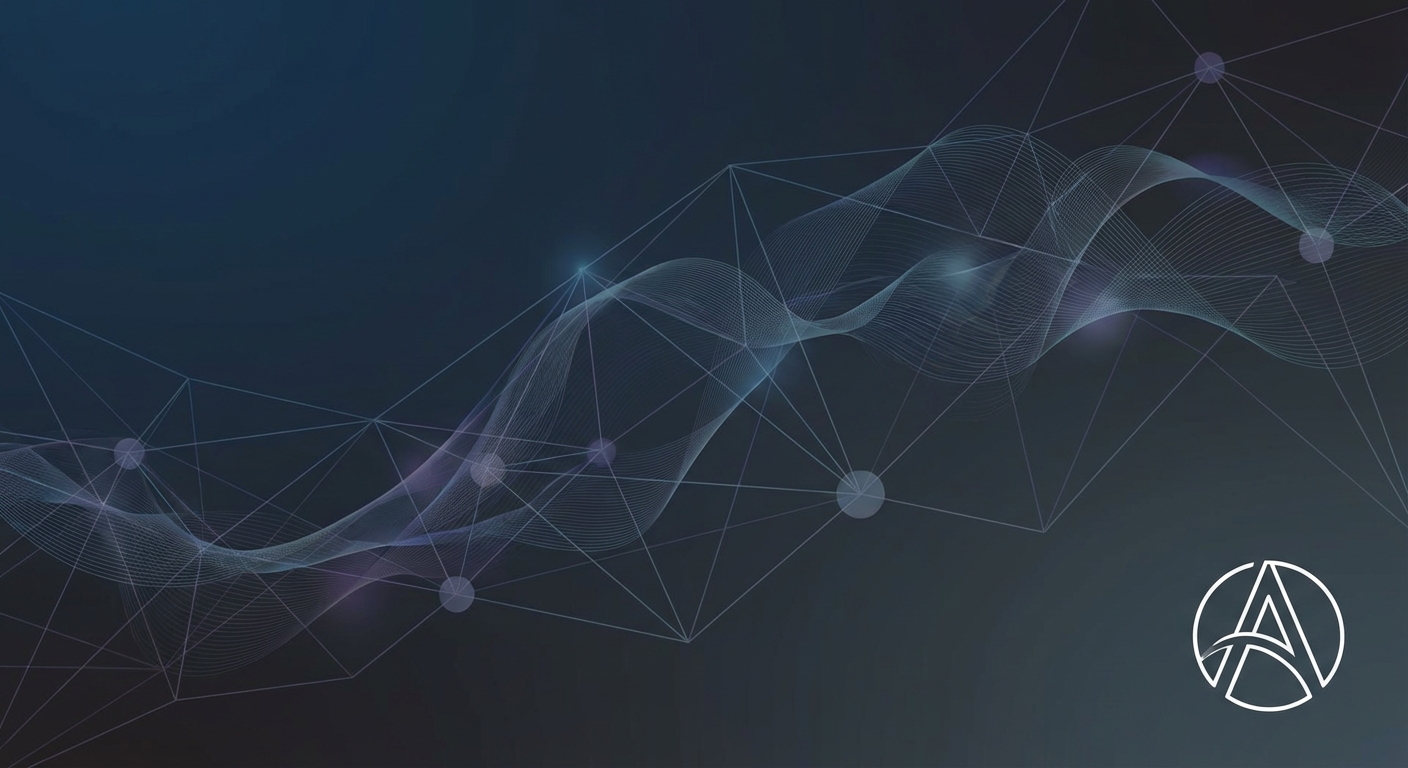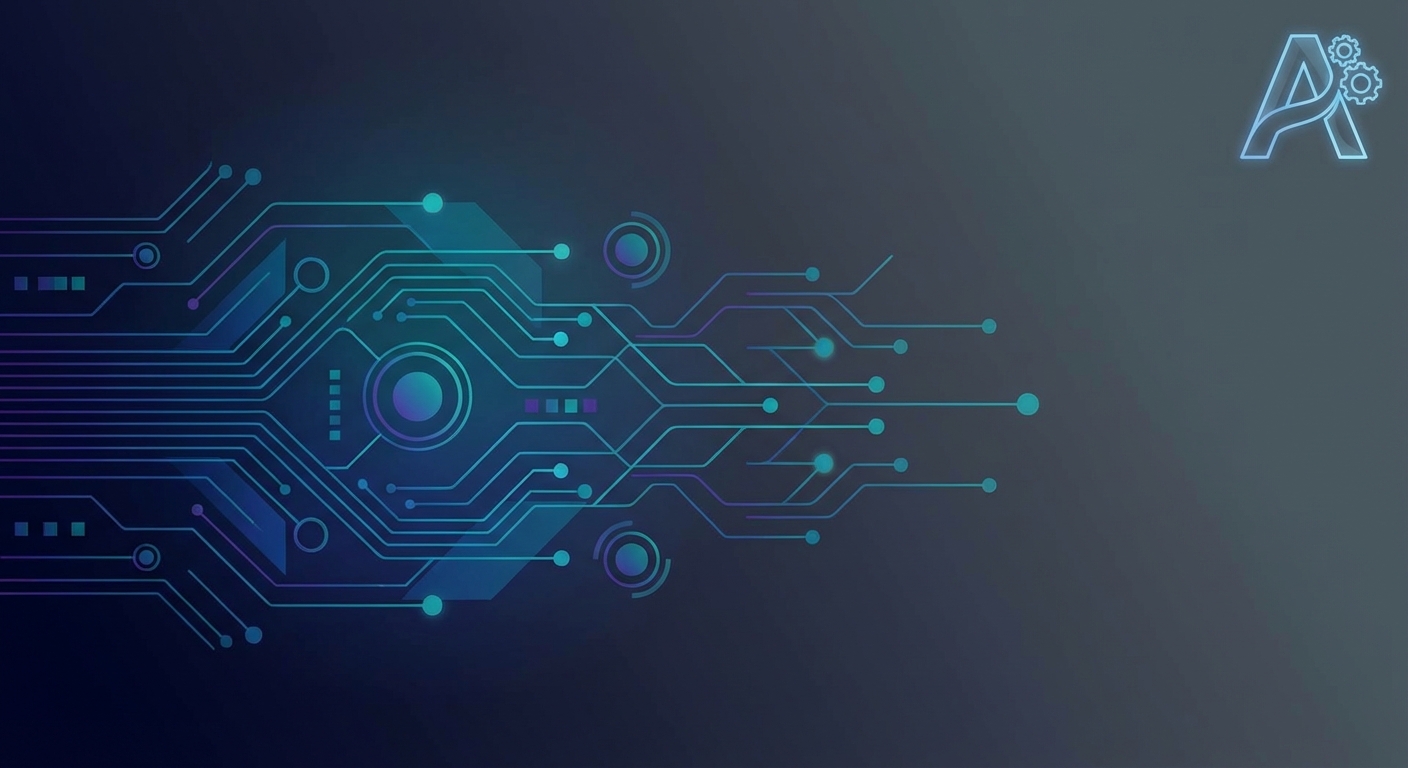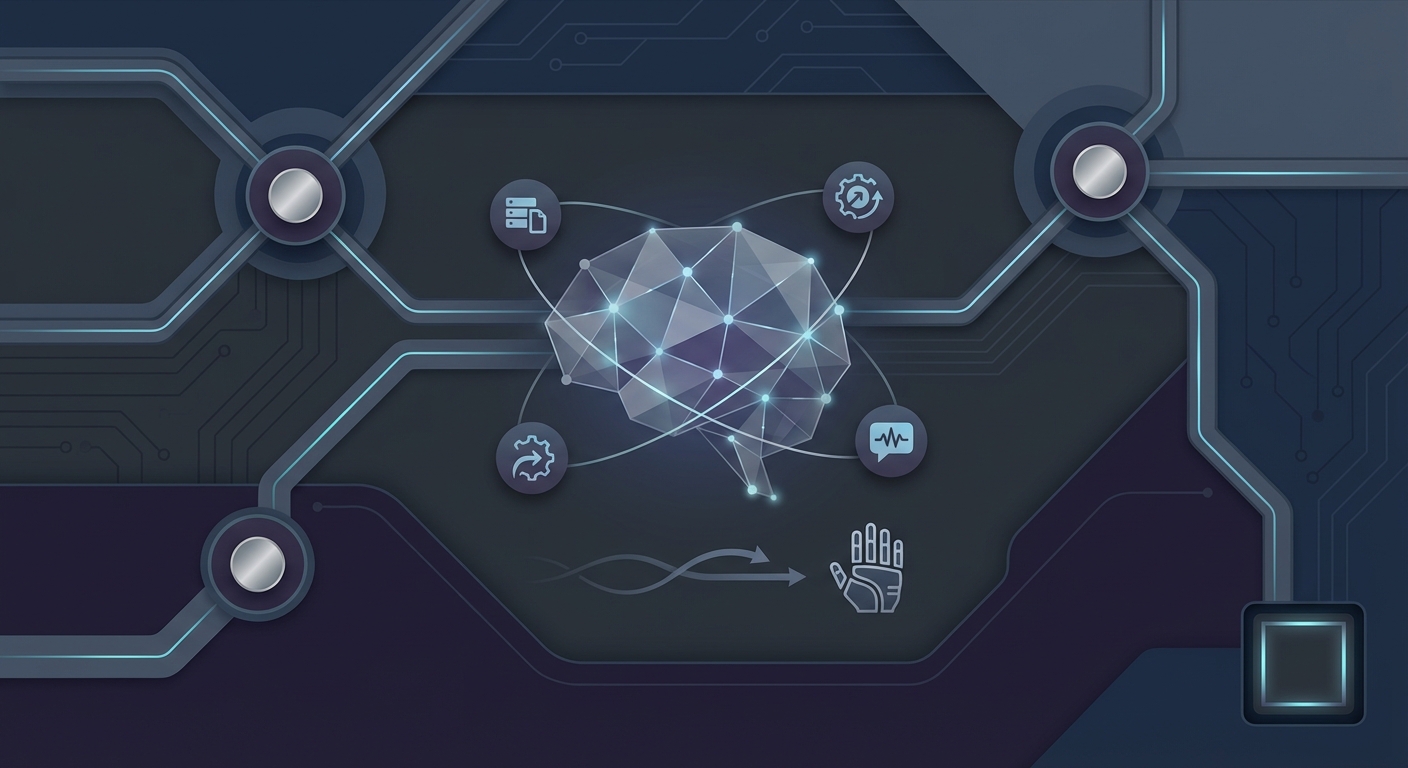AI Agent Orchestration Frameworks: A Guide for Enterprise Automation
Understanding AI Agent Orchestration
Lots of businesses find they're struggling to manage how complicated their workflows are getting. AI agent orchestration offers a way out, but what exactly is it?
AI agent orchestration is basically about getting multiple specialized ai agents to work together, on their own, to get big business processes done. It's not like the old-school automation where you had one system doing one thing. Instead, agent orchestration uses a bunch of ai agents, each good at something different, all cooperating.
Think of each agent like a person on a team, each handling a piece of a project. ai agent orchestration frameworks give you the tools to manage and guide these agents, making sure they play nice and get the job done.
ai agent orchestration is a big deal because it means more efficiency, better accuracy, and happier customers. It lets you automate tricky stuff in customer service, sales, and marketing, making things run smoother and letting your human staff focus on more important things.
For instance, in supply chain management, one agent might watch the weather and traffic to see if there'll be delays, while another figures out the cheapest routes. This teamwork makes sure stuff gets there on time without costing a fortune.
As SuperAGI points out, these frameworks give businesses the tools and methods they need to stay ahead.
Technokeens blends domain expertise with technical execution, delivering scalable IT solutions backed by UX/UI and agile development. Leverage our Custom Software & Web Development services to create custom AI-powered agents tailored to your specific needs.
Automate critical business processes with our Business Process Automation & Management Solutions, reducing manual effort and improving efficiency. Modernize your applications with our Application Modernization services.
So, now that we know what ai agent orchestration is, let's check out the frameworks that make it all happen.
Why Enterprises Are Adopting Agent Orchestration in 2025
Why are businesses jumping on the ai agent orchestration bandwagon? It's all about automating complex tasks and staying competitive.
- Ongoing labor shortages are forcing businesses to look for automation. ai agents can take over repetitive jobs, freeing up people for more strategic work.
- More competition means businesses need to be efficient. ai agent orchestration streamlines processes, cuts costs, and improves accuracy.
- Scalability is a must for businesses today. ai agents let companies quickly and easily scale up or down as needed.
Industry estimates suggest that businesses can see about a 25% drop in labor costs and a 30% boost in productivity by using ai-powered automation. (AI in the workplace: A report for 2025)
- Businesses that are early adopters of ai agent orchestration are seeing some serious returns. Some even report cutting operational costs by up to 40% and growing revenue by 25%. (Case Study: How Top Companies Are Using AI to Increase Sales ...)
- The market for ai-powered automation is booming. Experts think it'll hit $10 billion by 2025, growing at a rate of 30% per year.
Businesses are adopting ai agent orchestration to deal with staffing issues, get more efficient, and scale up. Next, we'll look at how to pick the right frameworks.
Evaluating AI Agent Orchestration Frameworks
When you're looking at ai agent orchestration frameworks, you gotta check out their technical chops and if they meet enterprise standards. What's important to consider?
When evaluating these frameworks, businesses need to really think about the technical capabilities and architecture requirements. The framework's setup should be able to handle different kinds of agents, like those based on large language models (LLMs) and rule-based ones, so you have flexibility and can customize your workflows.
Api flexibility is key for connecting smoothly with your current systems and other tools. How fast and efficient the framework is also matters for performance and scaling.
Enterprises have specific needs to make sure everything integrates well, is secure, and follows the rules. Complying with regulations like GDPR, HIPAA, and CCPA is super important.
Governance capabilities help you control the framework, with things like role-based access. Auditability lets you track and monitor everything that happens in the framework, like who did what, what data was accessed, and any system changes.
Next, let's dive into the top ai agent orchestration frameworks for 2025.
Top AI Agent Orchestration Frameworks for 2025
ai agent orchestration frameworks are becoming crucial for businesses wanting to automate complex workflows. But with so many choices, which ones are the best in 2025?
Here are four top frameworks to check out:
- Crew AI is great for team-based work, letting specialized ai agents collaborate. This is useful in fields like finance and healthcare.
- Microsoft Semantic Kernel connects easily with Azure services. This makes it a solid pick for companies already using Microsoft products.
- BabyAGI shines with its task management and prioritization features. Its simple design makes it adaptable for custom enterprise workflows.
- Haystack by Deepset is perfect for handling documents and generating text based on them. It's especially helpful in industries that deal with a lot of information, like law and finance.
As noted by Multimodal.dev, the best ai agent platform really depends on your industry, what you need it for, and your tech setup.
Now, we'll look at some specific ways businesses are using these top frameworks.
Implementing AI Agent Orchestration: Strategies and Best Practices
A lot of businesses struggle to get ai agent orchestration to work with their existing systems, but it's a really important step. Making sure it all connects smoothly means data flows well and you get the most out of your ai investments.
- Api-first approaches make connecting things easier. Businesses can use apis to link ai agents with CRM, ERP, and other systems, so they have real-time data access.
- Microservices architecture offers flexibility and scalability. By breaking down applications into smaller, manageable parts, businesses can add ai agents without messing up current workflows.
- Data flow management is key to keeping data consistent. Setting up data ingestion pipelines ensures smooth and secure data transfer between ai agents and business systems.
Think about technical stuff like data formats (like JSON or Protobuf), communication protocols (such as gRPC or REST), and security measures (like OAuth or encryption). Making sure you follow rules like GDPR, HIPAA, and CCPA is essential for protecting sensitive data.
Like we said before, careful planning and strong security practices are vital for success.
Now, let's think about the people side of this change.
The Future of AI Agent Orchestration
The future of ai agent orchestration is changing fast, promising even more automation and efficiency. What big trends should businesses keep an eye on?
- Multimodal agents are becoming more common. They can process text, images, and audio to make customer service better and streamline workflows. Imagine ai agents in retail instantly analyzing customer feedback from all sorts of places.
- Better reasoning skills will let ai agents tackle complex problems in healthcare and finance, leading to more accurate decisions.
- More autonomy will allow ai agents to work on their own, optimizing supply chain management and customer service.
Businesses need to invest in ai and machine learning talent to take advantage of these advances.




